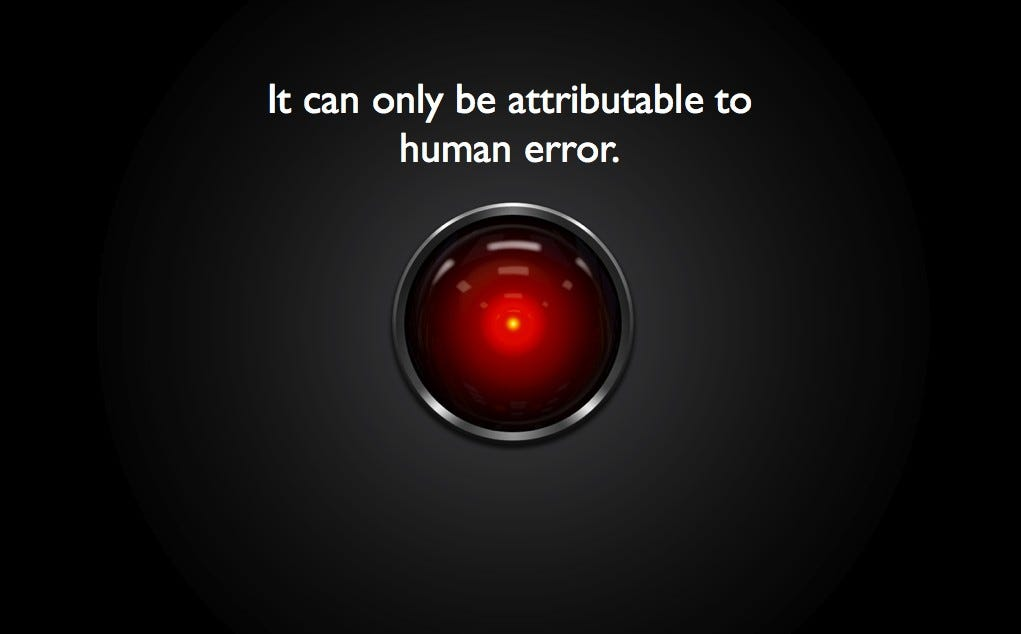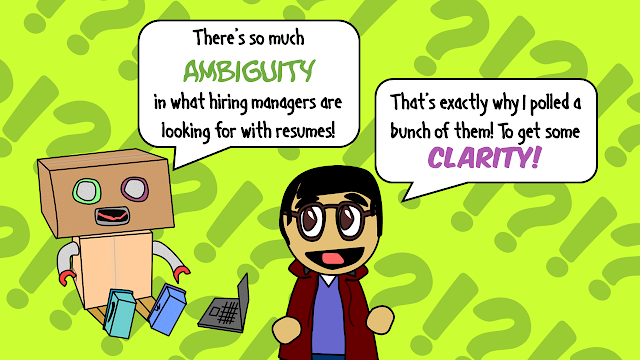GMail Labs and the Shotgun of Innovation

For those of you old enough to recall the Great Google Take Over of the earlier days of this new millennium, you will recall one exciting day: The day Google Labs was released. It was an exciting time - a corporation to exercise such transparency, teasing it's users with a great slew of tools to come. Many of these have since become "graduates" and things we have incorporated into our lives so much to the point that it's hard to remember how we ever got to John's house party before the aid of Google Maps. More recently, in this past year, Google's GMail team took a similar approach with GMail Labs. Remembering the day I first saw Google Labs, I immediately went to check out GMail Labs expecting a vast array of useful and innovating tools that would improve my emailing experience. And while I wasn't entirely disappointed with the features I saw, I expected much much more. But I'm not here to review the Lab tools. Instead, I'm commenting on the bizar...






